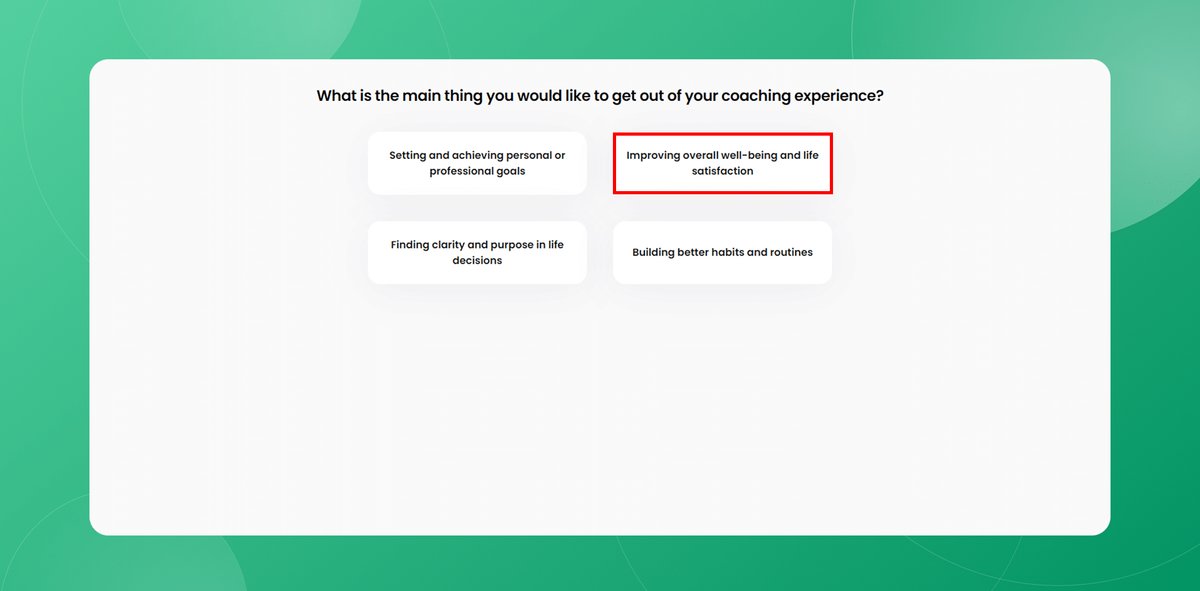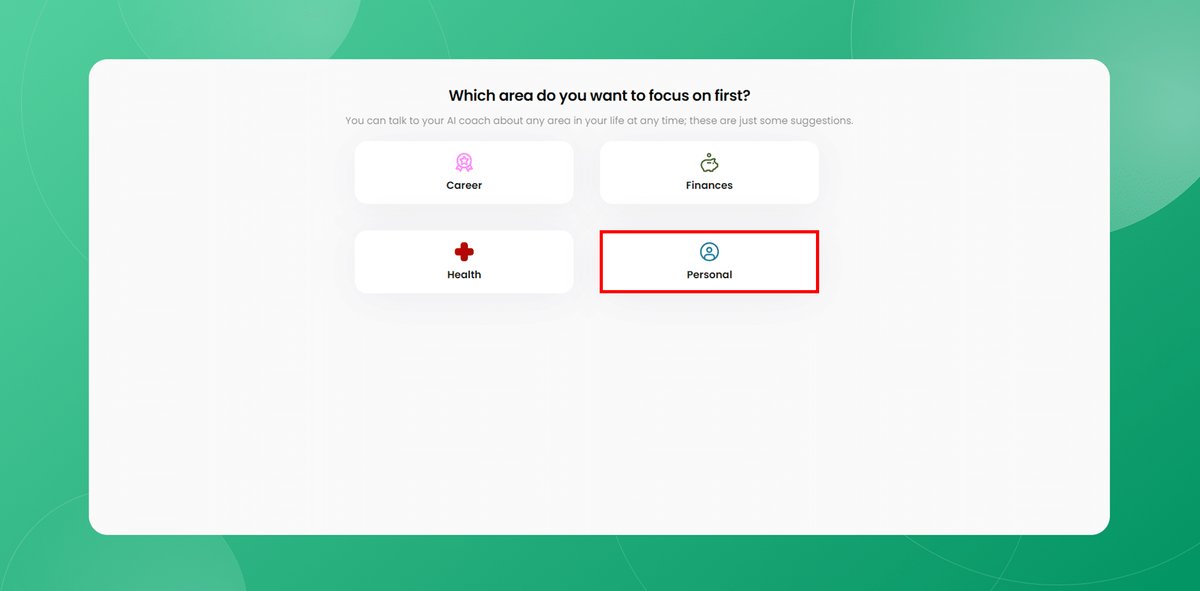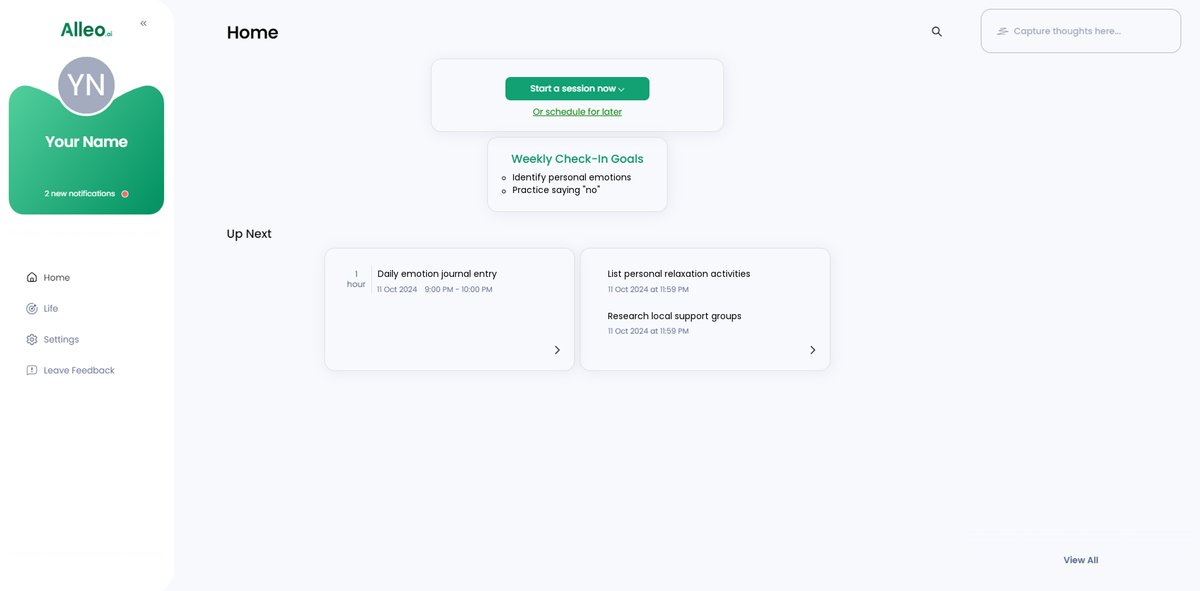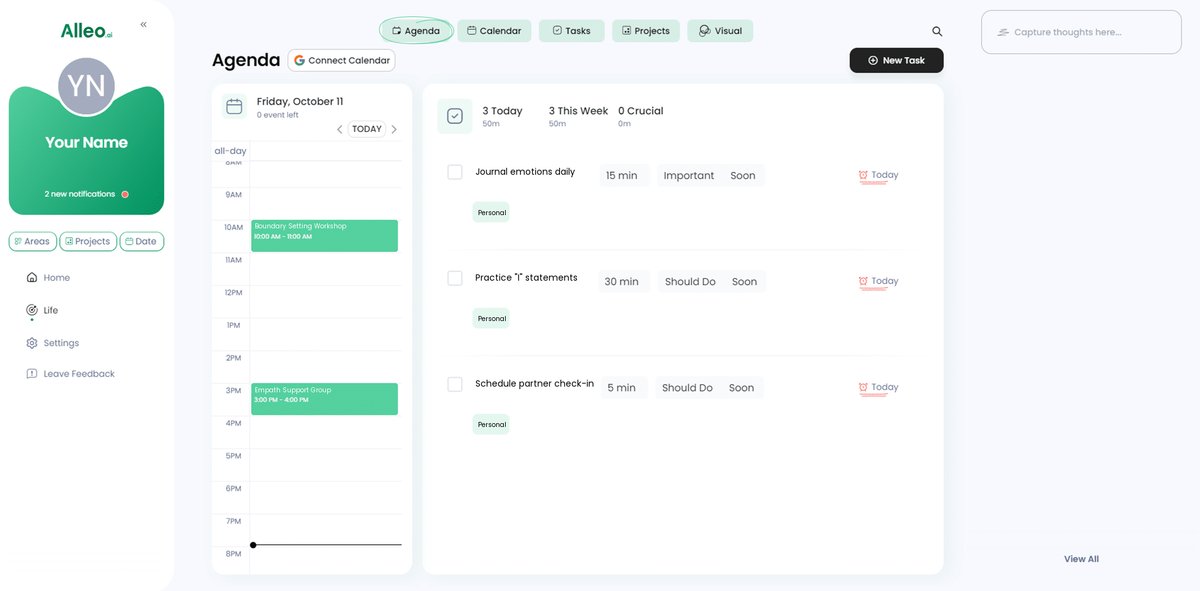How to Set Boundaries in Relationships for Empaths: 7 Fundamental Principles for Emotional Well-being
Are you finding it difficult to communicate your needs in your relationship without feeling guilty or overwhelmed? Setting boundaries for empaths in relationships can be challenging, but it’s crucial for emotional self-care.
As a life coach, I’ve seen many men grapple with this exact challenge. It can be tough to express your needs and set healthy limits in personal interactions, especially if you’re an empath. Protecting your energy as an empath is essential for maintaining balance in relationships.
In this article, you’ll learn practical strategies to set boundaries in your relationships, helping you achieve emotional well-being and personal growth. We’ll explore communicating boundaries effectively and recognizing emotional overload to prevent burnout.
Let’s dive into this empath survival guide for relationships.

Understanding the Challenge
Many men struggle to express their needs and set boundaries in relationships. This is especially true for empaths who feel emotions deeply, making setting boundaries for empaths in relationships particularly challenging.
The emotional toll of not setting boundaries includes guilt, self-doubt, and emotional fatigue. This can lead to a need for emotional self-care for empaths.
In my experience, people often find it hard to say “no” without feeling guilty. This leads to overcommitting and emotional overload, highlighting the importance of setting healthy limits in personal interactions.
Empaths tend to prioritize others’ needs over their own, making it even harder to set boundaries and protect their energy as an empath.
Seeing several clients struggle with this, I know how painful it can be. The lack of boundaries not only affects your well-being but also strains your relationships, emphasizing the need for communicating boundaries effectively.
Addressing these challenges is crucial for emotional health and relationship satisfaction. It’s an essential part of an empath survival guide in relationships.
To make the process easier, let’s explore practical strategies for setting boundaries for empaths in relationships, focusing on balancing empathy and self-preservation.

Key Steps to Setting Boundaries for Empaths in Relationships
Overcoming this challenge requires a few key steps. Here are the main areas to focus on to make progress in setting boundaries for empaths in relationships.
- Identify and acknowledge your own emotions first: Track your emotions and triggers as part of emotional self-care for empaths.
- Practice saying “no” without explaining or apologizing: Build confidence through practice, an essential part of setting healthy limits in personal interactions.
- Set clear expectations for personal time and space: Communicate your schedule and needs, protecting your energy as an empath.
- Use “I” statements to express feelings and needs: Replace blameful language with “I feel” statements, communicating boundaries effectively.
- Establish regular check-ins with your partner: Schedule structured relationship check-ins to help with recognizing emotional overload.
- Create a self-care routine to recharge emotionally: Integrate self-care activities into your daily routine, balancing empathy and self-preservation.
- Seek support from a therapist or support group: Find professional or peer support, which can be crucial for managing codependency as an empath.
Let’s dive into these steps for setting boundaries for empaths in relationships!
1: Identify and acknowledge your own emotions first
Understanding your emotions is crucial for setting boundaries for empaths in relationships, especially as an empath.
Actionable Steps:
- Keep a daily journal: Dedicate 10 minutes every evening to reflect on your day and note your emotional responses, aiding in emotional self-care for empaths.
- Practice mindfulness: Use a mindfulness app to set reminders for quick, 5-minute mindfulness exercises throughout the day, helping in recognizing emotional overload.
- Take emotional inventory: Before discussing needs with your partner, take a few minutes to identify and articulate your emotions, an essential step in communicating boundaries effectively.
Explanation: Identifying and acknowledging your emotions helps you understand your needs and communicate them effectively, which is vital for setting boundaries for empaths in relationships.
This practice fosters self-awareness and emotional regulation, which are essential for healthy boundaries and protecting your energy as an empath. For more insights, visit Highly Sensitive Parenthood.
Recognizing your emotions is the first step toward emotional well-being and stronger relationships, serving as a foundation for balancing empathy and self-preservation.
Next, let’s explore how to say “no” without explaining or apologizing, an important assertiveness technique for sensitive people.

2: Practice saying “no” without explaining or apologizing
Learning to say “no” is essential for empaths to protect their emotional well-being and personal time, especially when setting boundaries for empaths’ relationships.
Actionable Steps:
- Role-play scenarios: Practice saying “no” with a trusted friend or mentor. Write down common requests you struggle with and rehearse assertive responses, focusing on communicating boundaries effectively.
- Start small: Begin by declining low-stakes requests to build confidence. For example, say “no” to an event you’re not interested in attending, as part of your emotional self-care for empaths.
- Use assertiveness training: Enroll in an online assertiveness course to develop your skills and feel more comfortable setting healthy limits in personal interactions.
Explanation: Practicing these steps will help you become more comfortable with setting boundaries without guilt. This is crucial for maintaining emotional health and avoiding burnout, which is essential for protecting your energy as an empath.
According to Philosocom, empaths often struggle with saying “no” due to their tendency to prioritize others’ needs.
By mastering the art of saying “no,” you can protect your well-being and strengthen your relationships, which is a key aspect of setting boundaries for empaths’ relationships.
Next, let’s discuss how to set clear expectations for personal time and space.

3: Set clear expectations for personal time and space
Setting clear expectations for personal time and space is essential for maintaining balance and emotional well-being in relationships, especially when setting boundaries for empaths in relationships.
Actionable Steps:
- Create a personal schedule: Block out time in your calendar for hobbies, relaxation, and self-care activities, and treat these appointments as non-negotiable. This is crucial for emotional self-care for empaths.
- Communicate your schedule: Have a weekly planning session with your partner to align your schedules and set healthy limits in personal interactions.
- Establish physical spaces: Designate a specific room or area in your home as your personal relaxation space where you can retreat and recharge, protecting your energy as an empath.
Key benefits of setting clear expectations include:
- Reduced stress and anxiety
- Improved relationship satisfaction
- Enhanced personal growth and self-awareness
Explanation: Establishing clear expectations for personal time and space helps ensure you have dedicated moments for self-care and relaxation, which is crucial for emotional health and balancing empathy and self-preservation.
This practice can prevent burnout and improve relationship satisfaction by promoting mutual respect. For more insights, read about setting healthy boundaries.
Taking these steps will help you protect your emotional well-being and foster a healthier relationship dynamic, which is essential for setting boundaries for empaths in relationships.
Next, let’s explore how to use “I” statements to express feelings and needs, an important aspect of communicating boundaries effectively.
4: Use “I” statements to express feelings and needs
Using “I” statements is essential for expressing your feelings and needs without blaming the other person, especially when setting boundaries for empaths in relationships.
Actionable Steps:
- Practice using “I” statements in daily conversations: Replace blameful language with “I feel” and “I need” statements to communicate your emotions effectively, an important aspect of emotional self-care for empaths.
- Prepare “I” statements for common conflicts: Write down and rehearse “I” statements for recurring issues in your relationship to feel more confident during tough conversations, aiding in setting healthy limits in personal interactions.
- Encourage your partner to use “I” statements as well: Share resources with your partner about the benefits of “I” statements and practice together to improve communication and protect your energy as an empath.
Explanation: Using “I” statements helps you take ownership of your feelings and communicate your needs clearly. This approach reduces defensiveness and promotes healthier interactions, which is crucial for empaths in relationships when setting boundaries.
According to Integrative Psych, expressing feelings with “I” statements can prevent misunderstandings and foster mutual respect in relationships.
Mastering this skill will enhance your emotional well-being and strengthen your relationship, helping empaths balance empathy and self-preservation.
Next, let’s explore how to establish regular check-ins with your partner.

5: Establish regular check-ins with your partner
Regular check-ins with your partner are crucial for setting boundaries for empaths in relationships and maintaining open communication to ensure both parties’ needs are met.
Actionable Steps:
- Schedule weekly or bi-weekly check-ins: Set a recurring reminder on your phone or calendar to discuss needs and boundaries, focusing on protecting your energy as an empath.
- Use a structured format: Create an agenda with sections for expressing gratitude, discussing challenges, and setting goals to improve communicating boundaries effectively.
- Keep the check-ins focused and positive: Start each session with a positive note or appreciation for your partner, balancing empathy and self-preservation.
Explanation: Regular check-ins promote consistent communication and foster mutual understanding, which is essential for setting boundaries for empaths in relationships.
This practice helps prevent misunderstandings and ensures both partners feel heard and valued, contributing to managing codependency as an empath.
According to Rahim Thawer, emotional boundaries are crucial for maintaining balance in relationships.
Consistent check-ins help maintain emotional well-being and strengthen your relationship, serving as an essential part of an empath survival guide in relationships.
Next, let’s explore how to create a self-care routine to recharge emotionally.

6: Create a self-care routine to recharge emotionally
Creating a self-care routine is crucial for empaths to maintain emotional well-being and avoid burnout when setting boundaries for empaths’ relationships.
Actionable Steps:
- Identify relaxing activities: Make a list of activities that rejuvenate you, such as exercise, reading, or meditation, as part of your emotional self-care for empaths.
- Integrate self-care into your daily schedule: Allocate specific times each day for these activities and treat them as non-negotiable appointments, helping you in protecting your energy as an empath.
- Monitor and adjust your routine: Reflect weekly on your self-care practices and make necessary adjustments to ensure they remain effective in balancing empathy and self-preservation.
Essential components of an effective self-care routine for setting healthy limits in personal interactions:
- Regular physical exercise
- Mindfulness or meditation practice
- Adequate sleep and nutrition
- Time for hobbies and personal interests
Explanation: Incorporating self-care activities into your daily routine helps you recharge and maintain emotional balance. This practice is essential for preventing burnout and promoting overall well-being, which is crucial when setting boundaries for empaths’ relationships.
According to Rahim Thawer, setting emotional boundaries and practicing self-care are vital for empaths to maintain balance in their relationships.
Taking care of yourself ensures you have the energy to nurture your relationships. Next, let’s explore how to seek support from a therapist or support group.
7: Seek support from a therapist or support group
Seeking support from a therapist or support group is vital for empaths to navigate their emotional challenges and maintain healthy boundaries. Setting boundaries for empaths in relationships can be challenging, but professional guidance can make a significant difference.
Actionable Steps:
- Find a qualified therapist: Research and select a therapist who specializes in empathy and boundary-setting. Schedule regular sessions to discuss your progress and develop assertiveness techniques for sensitive people.
- Join a support group: Look for local or online support groups for empaths. Participate in meetings to share experiences and gain insights on protecting your energy as an empath.
- Use online resources: Explore websites and forums dedicated to empaths. Engage in discussions and access resources to reinforce your boundary-setting skills and learn about balancing empathy and self-preservation.
Benefits of professional support for empaths:
- Personalized strategies for managing emotions and recognizing emotional overload
- Improved self-awareness and confidence in setting healthy limits in personal interactions
- Tools for maintaining healthy relationships and communicating boundaries effectively
Explanation: These steps provide a structured support system to help you manage your emotions and maintain healthy relationships. According to Anchor Therapy, professional guidance and peer support are crucial for empaths to effectively set boundaries and avoid emotional exhaustion.
Building a support network ensures you have the tools and encouragement needed to thrive in your relationships, practice emotional self-care for empaths, and develop an empath survival guide in relationships.

Work with Alleo to Master Setting Boundaries for Empaths in Relationships
We’ve explored the challenges of setting boundaries in relationships for empaths, and the steps to achieve it. Did you know you can work directly with Alleo to make this journey of emotional self-care for empaths easier and faster?
Alleo provides affordable, tailored coaching support to help you set boundaries and protect your energy as an empath. Start with a free 14-day trial, no credit card required.
Getting Started:
- Set Up an Account: Sign up on our website and create your profile to begin your empath survival guide in relationships.
- Personalized Plan: Alleo will develop a customized plan based on your needs for setting healthy limits in personal interactions.
- Coaching Sessions: Experience full coaching sessions just like a human coach, focusing on communicating boundaries effectively.
- Progress Monitoring: Alleo follows up on your progress in balancing empathy and self-preservation, and adjusts your plan as needed.
- Accountability: Receive reminders via text and push notifications to stay on track with your assertiveness techniques for sensitive people.
Ready to get started for free and learn about managing codependency as an empath?
Let me show you how to begin your journey of setting boundaries for empaths in relationships!
Step 1: Log In or Create Your Account
To begin your journey towards setting healthy boundaries, log in to your existing Alleo account or create a new one to access personalized coaching tailored to your needs as an empath.

Step 2: Choose Your Focus Area
Select “Improving overall well-being and life satisfaction” as your goal to address the challenges of setting boundaries in relationships and enhance your emotional well-being as an empath. This focus area will help you develop the skills needed to communicate your needs effectively and maintain healthy boundaries, ultimately leading to more fulfilling relationships and personal growth.

Step 3: Select “Personal” as Your Focus Area
Choose the “Personal” life area in Alleo to address boundary-setting challenges, as this will help you develop self-awareness, assertiveness, and emotional regulation skills crucial for maintaining healthy relationships and personal well-being.

Step 4: Starting a Coaching Session
Begin your journey with Alleo by scheduling an initial intake session, where you’ll discuss your boundary-setting goals and create a personalized plan to guide your future coaching sessions.

Step 5: Viewing and Managing Goals After the Session
After your coaching session, open the Alleo app and navigate to the home page to view and manage the goals you discussed, allowing you to track your progress in setting healthy boundaries and maintaining emotional well-being.

Step 6: Adding events to your calendar or app
Use the app’s calendar and task features to schedule your self-care activities, boundary-setting exercises, and check-ins with your partner, allowing you to easily track your progress in solving relationship communication challenges.

Embrace Healthy Boundaries for Better Relationships
Throughout this guide, we’ve explored practical strategies to help you set boundaries for empaths relationships. By identifying and acknowledging your emotions, practicing assertiveness techniques for sensitive people, and establishing clear expectations, you can protect your emotional well-being and energy as an empath.
Remember, it’s vital to use “I” statements and schedule regular check-ins with your partner for communicating boundaries effectively. Creating a self-care routine for emotional self-care as an empath and seeking support from a therapist or support group are also crucial steps in balancing empathy and self-preservation.
You are not alone in this journey. Setting boundaries for empaths relationships is challenging, but it leads to healthier relationships and personal growth. Recognizing emotional overload and managing codependency as an empath are essential aspects of this process.
Take the first step today in setting healthy limits in personal interactions. Try Alleo for free, and let us help you master the art of setting boundaries and develop self-love practices for empathic individuals.